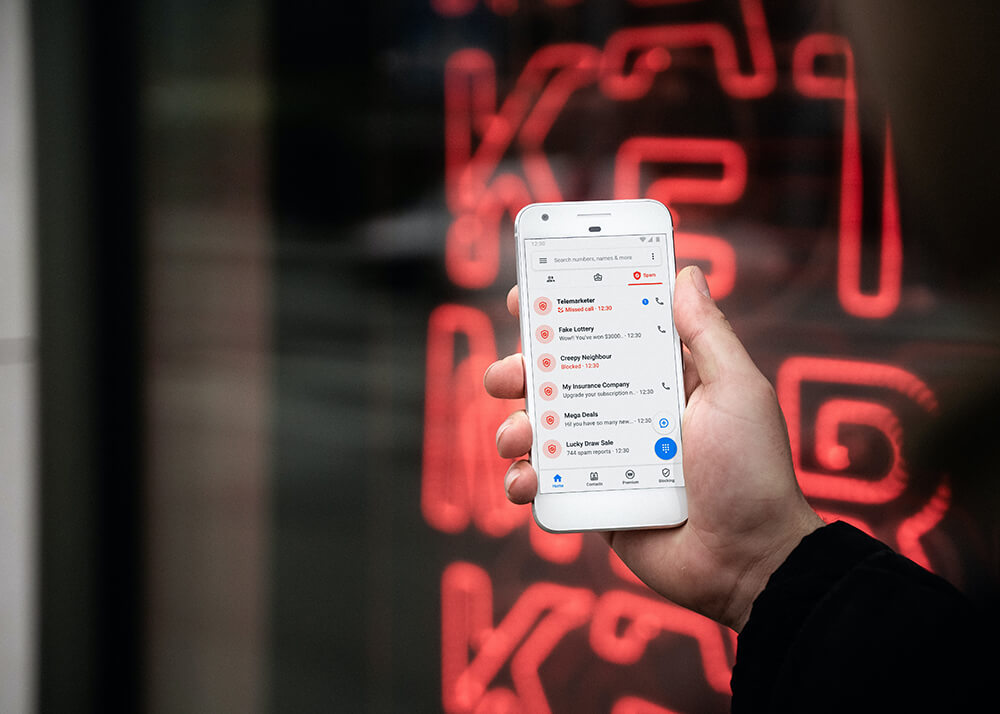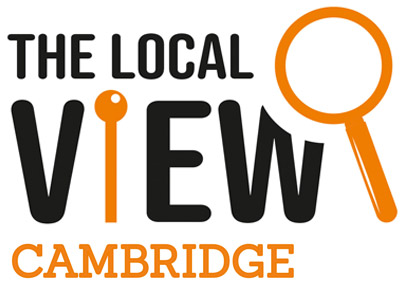Fed up of phone calls offering to help recoup PPI or deal with an accident claim? People offering too-good-to-be-true investments, or trying to get money or personal details from you? Sales, marketing and scam telephone calls can, at the very least, be a nuisance. But they can also pose a threat to someone’s health and wellbeing. Rushing to the phone each time it rings presents a risk of slips, trips and falls. And an older person defrauded in their own home is 2.5 times more likely to either die or go into residential care within a year.
You shouldn’t get calls if you didn’t give the caller your number. However, many people still receive unsolicited calls or recorded or automated messages.
If you’re one of those people who has had enough of cold-callers, then the Cambridgeshire and Peterborough Against Scams Partnership (CAPASP) would like to offer you some advice.
Register with the Telephone Preference Service (TPS)
The Telephone Preference Service is a free opt-out register where you can state your preference to not receive unsolicited sales and marketing calls.
It is a legal requirement that all organisations (including charities, voluntary organisations and political parties) do not make such calls to numbers registered on the TPS unless they have your consent to do so. Anyone breaching this can be reported to the Information Commissioner’s Office who can, and do, issue hefty fines.
The TPS registration line is 0345 070 0707, oryou can register at www.tpsonline.org.uk. You can also sign up from your mobile by texting ‘TPS’ and your email address to 85095.
Unfortunately, registering with the TPS does not stop calls that originate from overseas. And this is the case for a lot of scam calls. If you are plagued with such calls, the next steps might help.
Contact your service provider
Your service provider will be able to offer different options to stop unsolicited calls. These can include stopping all overseas calls, or blocking withheld or particular nuisance numbers. Or you can activate a protection service such as BT Call Protect, Sky Talk Shield, TalkTalk CallSafe or Plusnet Call Protect. Give your service provider’s customer services department a call to see what they can do for you. You may be pleasantly surprised.

Invest in a call blocker
If, after trying the above, the problem persists, it’s well worth investing in a good call blocking device. But beware of companies cold-calling and claiming to offer such products. Genuine call blocker companies will not cold call!
These small devices fit between your telephone handset and the socket on the wall. They are proven to stop over 95% of nuisance sales, marketing and scam calls. They require a power socket close by and your service provider’s caller ID service switched on. For most people it already is, but otherwise it’s just a quick phone call to ask. An alternative is to purchase a new telephone handset with the call blocking technology built in.
Dealing with unwanted calls
By following the steps above, you should rarely receive unsolicited telephone calls. However, please follow our advice below in case any calls do slip through the net.
- Do not be lulled into a false sense of security by an incoming call that appears to be from a local number or a number known to you, such as your bank or the NHS. Scammers cleverly ‘spoof’ numbers to look like another number in order to build your trust.
- Do not give bank or card details or any personal information to anyone calling unexpectedly, no matter how convincing the need seems to be. Similarly, do not agree for someone to collect your bank card, cash or any items of value from your home, even if the caller urges that it is important for a fraud investigation. Scammers are very well rehearsed at persuading people to part with money, goods or information.
- Do not press 1 or any other key instructed by an automated voice message. This may result in a hefty connection charge. Or it may connect you to a fraudster who may threaten you or persuade you to pay a bogus fine or fee.
- Do check the person is who they say they are by using a number you know to be correct. For example, if the caller claims to be from your bank, hang up and call your bank on a number you know is correct, such as a number on your statement, rather than a number the caller gave you. It’s important to call from a different phone or to wait for at least ten minutes before making this call. This is because the scammer can stay on the original line, even playing the sound of a dialling tone and using a different voice to trick victims into thinking they are speaking to the organisation in question, when in fact they are still connected to the scammer.

Further help
Cambridgeshire and Peterborough Against Scams Partnership (CAPASP) have a library of free resources to help people stay safe from scams, including a section on telephone scams. Visit www.cambridgeshire.gov.uk/against-scams
For support and advice on scams, call Citizens Advice Consumer Service on 0808 223 1133 https://www.citizensadvice.org.uk/
To report a fraud, or suspected fraud, and share information to help stop others from becoming victims, call Action Fraud on 0300 123 2040 www.actionfraud.police.uk






